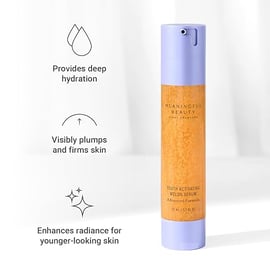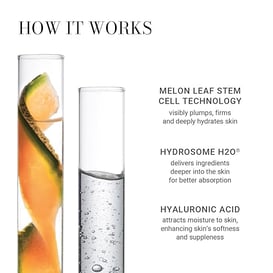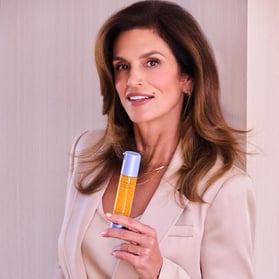The Universal Desire to Stay Youthful
Ageing is a natural, inevitable process — yet across cultures and civilizations, the quest to delay its visible and internal effects has been constant. From ancient elixirs and herbal infusions to today’s high-tech serums and gene-editing research, the anti-ageing industry has evolved into a global behemoth valued at over $60 billion. But what really works when it comes to anti-ageing? Is it just about creams and procedures, or is there a deeper science behind longevity and youthful vitality?
In this article, we explore anti-ageing from a holistic perspective — integrating cutting-edge medical insights, time-tested lifestyle practices, and dietary wisdom — to help you understand how to age gracefully, and more importantly, healthfully.
I. Understanding Ageing: What Really Happens to the Body?
Before diving into solutions, it’s important to understand what causes ageing:
1. Cellular Senescence
As we age, our cells lose the ability to divide and regenerate effectively. These "senescent cells" accumulate in tissues, contributing to inflammation and degeneration.
2. Oxidative Stress
Free radicals — unstable molecules produced during metabolism or from environmental exposures — damage cells and DNA over time, accelerating ageing.
3. Telomere Shortening
Telomeres are protective caps at the ends of chromosomes. Each time a cell divides, these caps shorten. Once too short, cells can no longer replicate, leading to ageing and cell death.
4. Hormonal Decline
With age, the body produces less estrogen, testosterone, growth hormone, and melatonin — all of which are critical for maintaining skin elasticity, muscle mass, energy, and sleep.
5. Mitochondrial Dysfunction
Mitochondria, the "powerhouses" of cells, decline in efficiency with age, reducing cellular energy and increasing fatigue and weakness.
II. The Pillars of Anti-Ageing: What Actually Works?
Contrary to popular belief, anti-ageing is not found in a bottle or an injection alone. It is a multi-dimensional approach, combining lifestyle, nutrition, mental health, and science-backed interventions.
1. Nutrition: The True Fountain of Youth
a. Antioxidant-Rich Foods
Consume colorful fruits and vegetables — blueberries, spinach, carrots, pomegranates, and kale — to neutralize free radicals and reduce oxidative damage.
b. Healthy Fats
Omega-3 fatty acids (found in flaxseeds, walnuts, and fatty fish) help maintain skin elasticity, brain function, and reduce inflammation.
c. Polyphenols and Flavonoids
Green tea, dark chocolate, red grapes, and turmeric offer compounds that support cellular health and longevity.
d. Caloric Restriction and Intermittent Fasting
Studies show that reducing caloric intake by 20–30% or practicing time-restricted eating can enhance lifespan by improving metabolic and cellular repair mechanisms.
2. Physical Activity: The Age-Defying Elixir
Regular movement keeps the body young — both inside and out.
a. Strength Training
Maintains muscle mass, improves posture, and reduces the risk of osteoporosis.
b. Cardiovascular Exercise
Enhances blood flow, supports heart health, and aids in detoxification through sweat.
c. Flexibility and Balance
Practices like yoga and tai chi improve joint mobility, prevent falls, and reduce stress.
3. Skin: The Mirror of Age
Skin is often the most visible sign of ageing — but with the right care, it can remain radiant for decades.
a. Daily Sun Protection
Up to 90% of premature skin ageing is caused by UV exposure. Use SPF 30+ sunscreen daily, even on cloudy days.
b. Retinoids and Peptides
These boost collagen production and accelerate skin renewal, reducing wrinkles and fine lines.
c. Hydration and Barrier Repair
Use products with hyaluronic acid, ceramides, and niacinamide to lock in moisture and support skin integrity.
d. Professional Treatments
Microneedling, chemical peels, and laser therapy stimulate skin regeneration. Consult a dermatologist for personalized plans.






